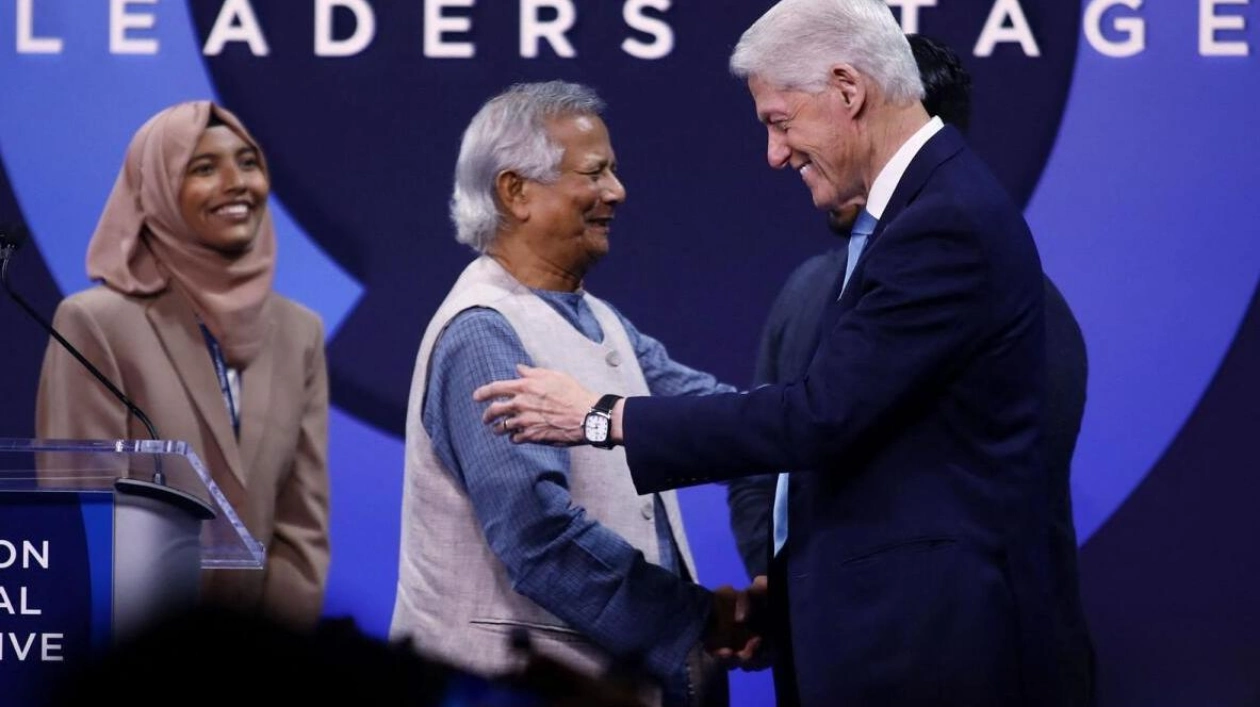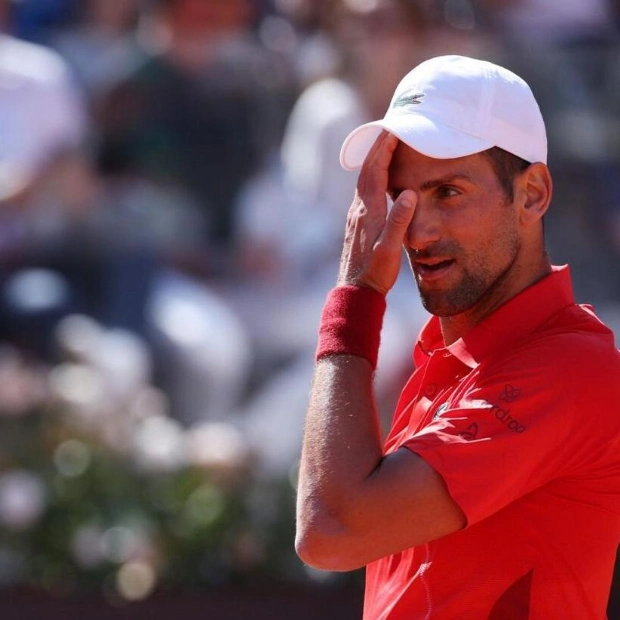US President Joe Biden met with Bangladesh's interim leader Muhammad Yunus on the sidelines of the UN's annual summit on Tuesday, demonstrating support following a recent uprising that ousted the country's autocratic government. Yunus, a Nobel Peace Prize recipient, later garnered high praise from former president Bill Clinton, who celebrated their 40-year friendship and the global influence of Yunus's pioneering microfinance initiatives. The 84-year-old economist was appointed as the country's 'chief advisor' in August, succeeding the bloody student-led movement that removed premier Sheikh Hasina, who has since fled the country. Biden pledged 'continued US support as Bangladesh implements its new reform agenda', according to a White House statement. The US-Bangladesh relationship is described as 'rooted in shared democratic values and strong people-to-people ties'.
According to a briefing by Bangladeshi officials, Yunus informed Biden about how students 'rose against the tyranny of the previous government and gave their lives to create this opportunity to rebuild Bangladesh', emphasizing the need for US assistance in the nation's reconstruction. Yunus also gifted Biden a book featuring paintings by the students. Later, Yunus was invited to speak at the Clinton Global Initiative's annual meeting, where Clinton remarked that 'few people on this planet have done as much (as Yunus) to change the lives of ordinary people who would never have had access to credit'. Their friendship dates back to the 1980s when Clinton, then governor of Arkansas, invited Yunus to share his approach to poverty alleviation through small loans, which had successfully empowered impoverished Bangladeshi women without traditional banking access.
Clinton humorously noted that Yunus is 'the only old guy I know who was ever drafted for his eminent position by the young people of his country', adding that 'he has succeeded in doing what we all must do: we all have to stay in the future business'. In response, Yunus thanked Clinton for his early belief in him and for supporting his ideas despite criticism. He also honored the Bangladeshi youth revolutionaries, stating: 'They are the ones creating the new version of Bangladesh — let's wish them every success'. Hasina's government was widely accused of human rights violations, including the mass detention and extrajudicial killing of political opponents. Over 450 people were killed during the weeks of violence leading to her removal. Since her exile to neighboring India, several cabinet ministers and senior members of her party have been arrested, and her appointees have been removed from courts and the central bank. Journalists associated with her regime have also been detained.
Although the United States had generally maintained a cooperative relationship with Hasina, an ally of India and a partner on issues such as combating Islamist extremism, Washington had criticized her government's democratic shortcomings.






